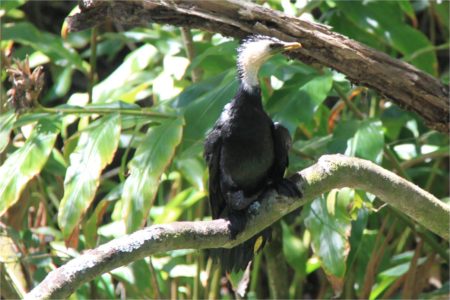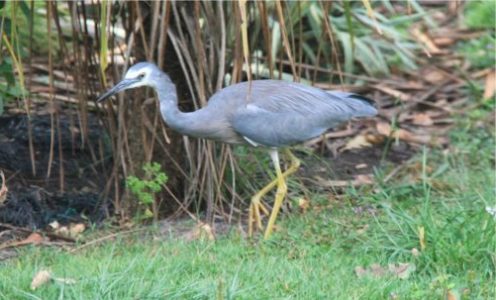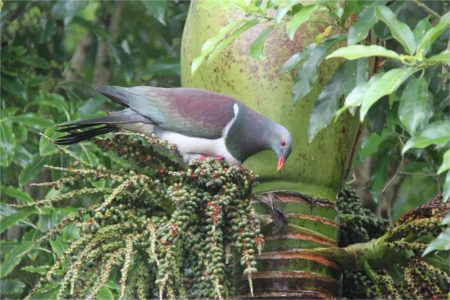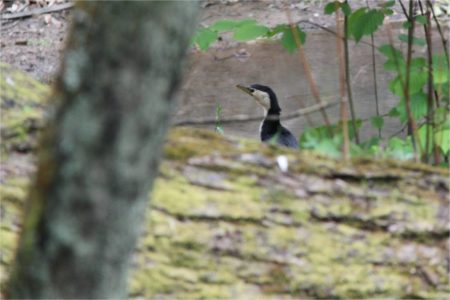
Cockle Bay residents say they are not giving up the fight to stop the development of more than 70 apartments in the neighbourhood.
At this month’s ‘Have Your Say’ meeting, several residents presented to the Howick Local Board reiterating their concerns and objections to the proposed development.
The development will see an apartment complex, with approximately 70 apartments, a swimming pool, BBQ and possibly a cafe, built on what is commonly known as the Old Steward Motors site at 30 and 40 Sandspit Road.
One of the residents was Matthew Brajkovich whose presentation focussed on the environmental impact, including the threat to native bird and fish species.
Brajkovich’s property backs onto a stream behind Advene Road, downstream from the proposed development.
He says the stream alone is home to ‘at risk’ species the little black shag and little pied shag as well as protected species the white faced heron and kereru.
He presented photographs of various sightings of these birds feeding from, and living near, the stream.
He says that with a sewerage system that already struggles to cope with the waste water and run-off from existing houses in the area, it won’t be able to service an additional 70 apartments which would have severe consequences for the biodiversity and functioning of the ecosystem.
Brajkovich says construction waste, asbestos, silt, soils, sand, oils and sewerage would be washed into the fresh water, make its way onto the beaches and directly impact the survival of native species.

“The issues are that council are not identifying the ways to control these discharges and therefore spreading the contamination onto others properties and then into the harbour,” he says.
“In some areas it will not be not noticeable, maybe smelly, but the accumulation of the effect is [damaged] beaches, and marine life as well as the fresh water along the way that is home to all sorts of marine and fresh water species which helps support the life with habitat and food for the marine animals.”
He says even the process of upgrading the sewer would result in discharges of sewerage into the stream and onto the beaches, and Auckland Council have not disclosed any information on how they plan to handle this if the development goes ahead.
“The species I am concerned about are the endemic and native species. They will be displaced, their food destroyed and left to starve and/or cannot sustain themselves in the breeding season,” he says.
Brajkovich says it is similar to what has happened at the Panmure Basin over the last 10 years.
“The shag colony has declined from 120 to 45 birds and one species has gone for good yet council do nothing.”

“[If] fresh water fish die, birds cannot eat them. Dirty water in harbour kills shell fish and other fish, birds die out as they cannot breed successfully.
“Plus the dirty water is bad for us. Without the other species, the sea grasses die and the oxygen levels fall. Additionally the fresh water temp raised in the stream as the shade is gone and that allow botulism to take hold killing even more animals and affecting the environment.”
Brajkovich says the development would at a minimum directly affect the long-term plan to clean up Cockle Bay Beach which would in turn destroy the Cockle Bay ecosystem “beyond repair”.

“Without our native species, New Zealand will no longer be special, some of New Zealand native trees will also be lost if the birds go as they have to eat the seeds to allow germination and spread the seeds,” he says.
“There is no need for destruction like this for such a development and location plays a huge role in cause and effect.”
An Auckland Council spokespersons says a decision on the development will not be made until all required steps in the resource consent process are complete.







